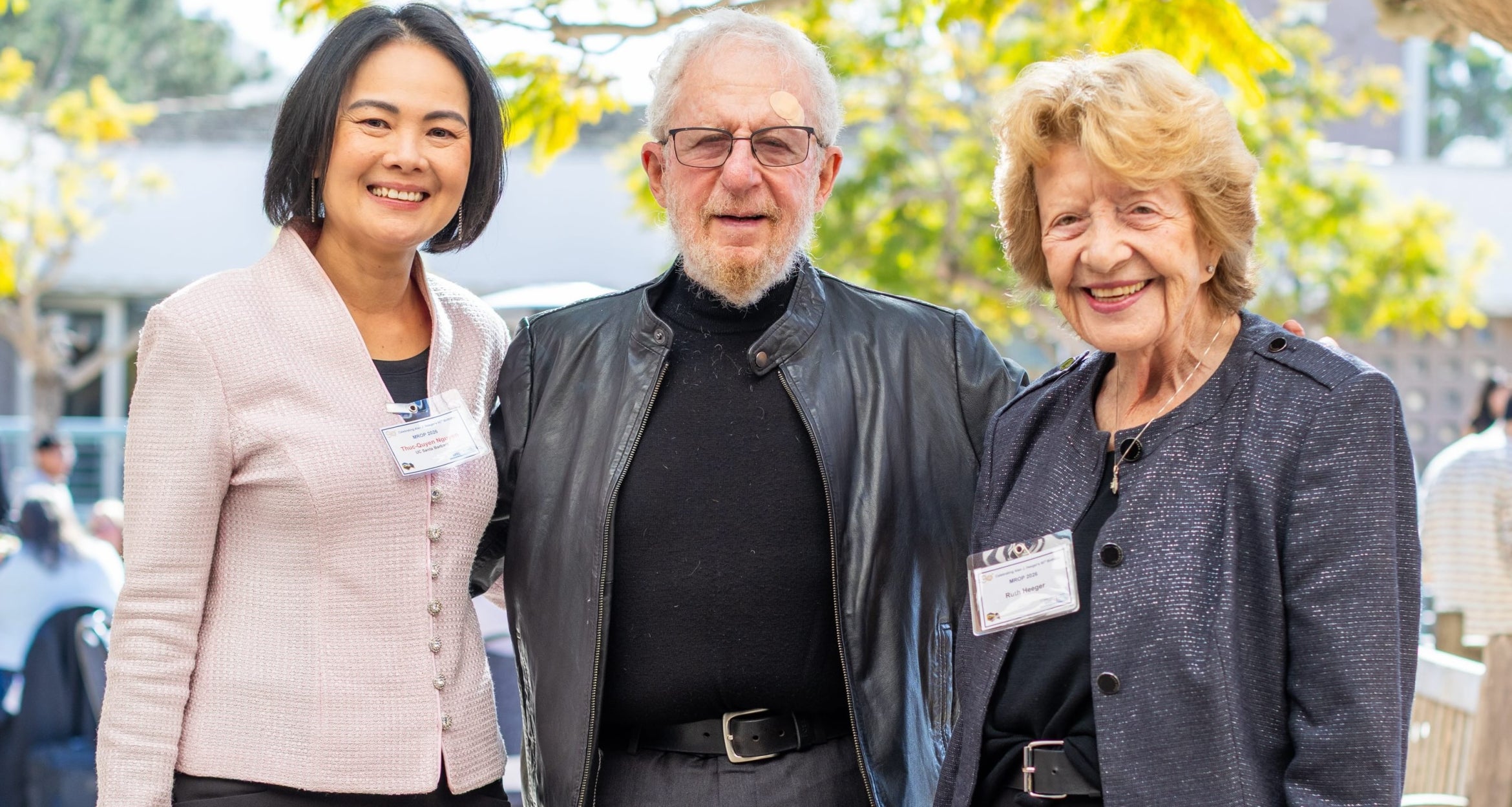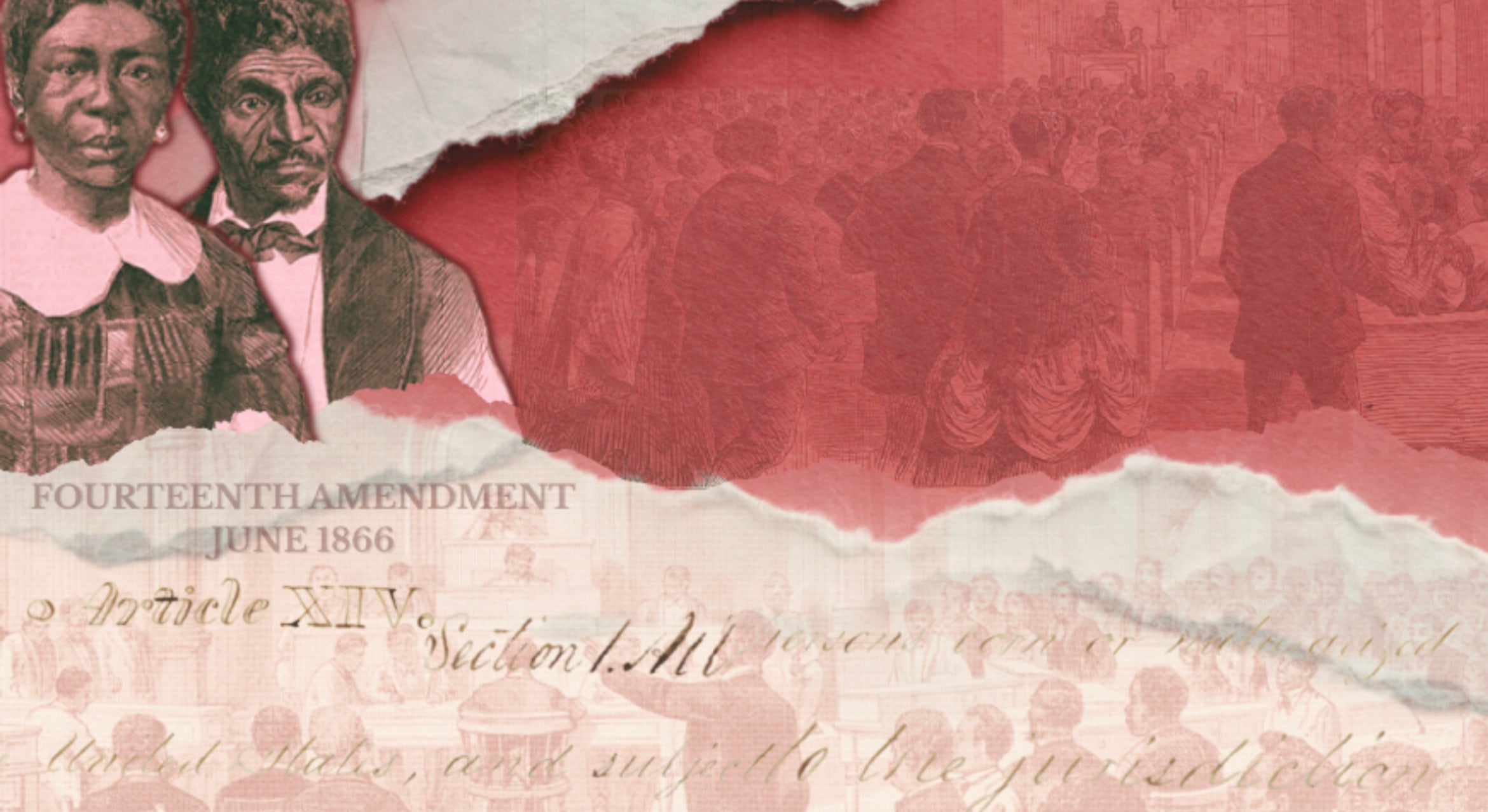
The landmark federal Endangered Species Act –– the most powerful and comprehensive in United States environmental law, and the most ambitious biodiversity conservation statute ever enacted by any country –– turns 40 this year. Is this anniversary cause for celebration or despair?
Peter S. Alagona, assistant professor of history and of environmental studies at UC Santa Barbara and the 2013 Harold J. Plous Award recipient, will answer this question and others on Wednesday, May 8, in his lecture, "Forty Years of Endangered Species: Conflict and Conservation in California and Beyond." His talk will begin at 4 p.m. in the McCune Conference Room, 6020 Humanities and Social Sciences Building. It is free and open to the public.
Placing the issues in a broader historical context, Alagona will discuss what scientists and scholars have learned during the four decades since the Endangered Species Act became law, why efforts to preserve species often result in bitter controversy, and the challenges and opportunities that exist for conservation in the 21st century.
Before joining the UCSB faculty, Alagona was a Beagle Environmental Fellow in the Center for the Environment and Kennedy School of Government at Harvard, and a postdoctoral fellow and visiting assistant professor in the Bill Lane Center for the American West at Stanford University.
One of the university's most prestigious faculty honors, the Harold J. Plouse Memorial Award is given annually to an assistant professor from the humanities, social sciences, or natural sciences who has shown exceptional achievement in research, teaching, and service to the university. Presented by the College of Letters and Science, the award was established in 1957 to honor the memory of Harold J. Plous, an assistant professor of economics.



